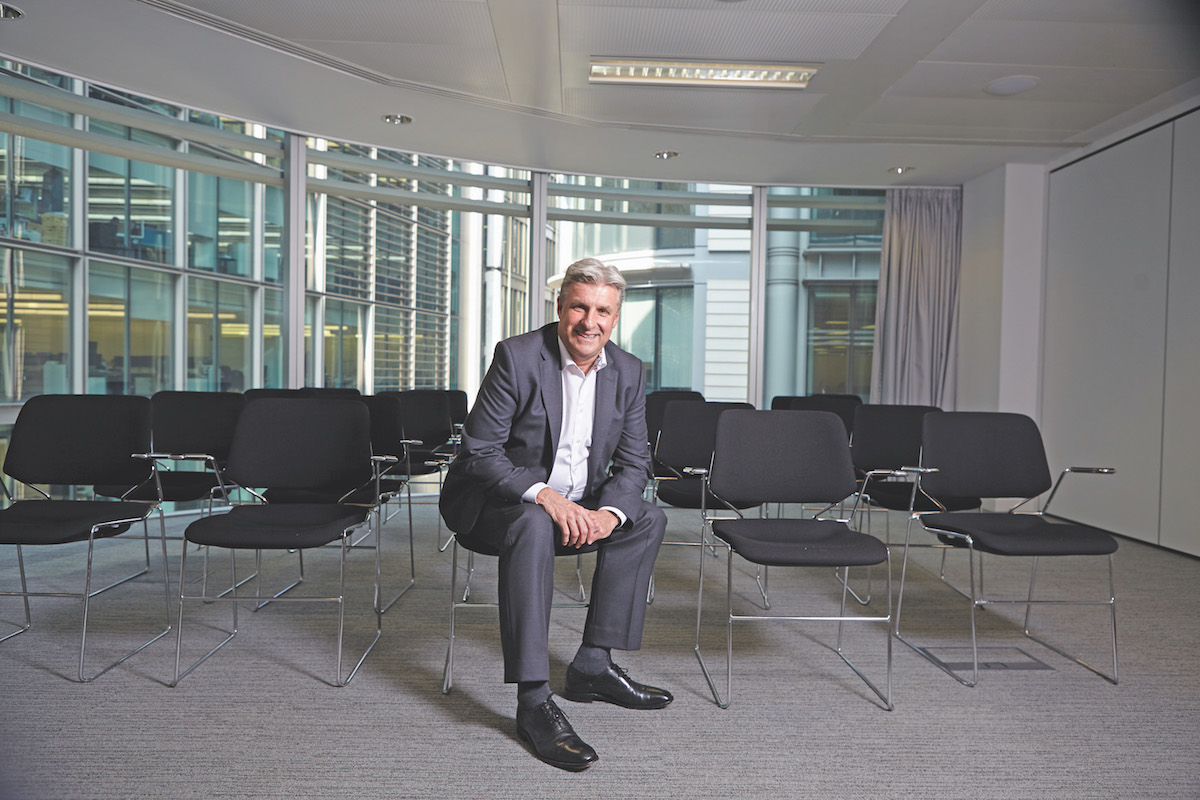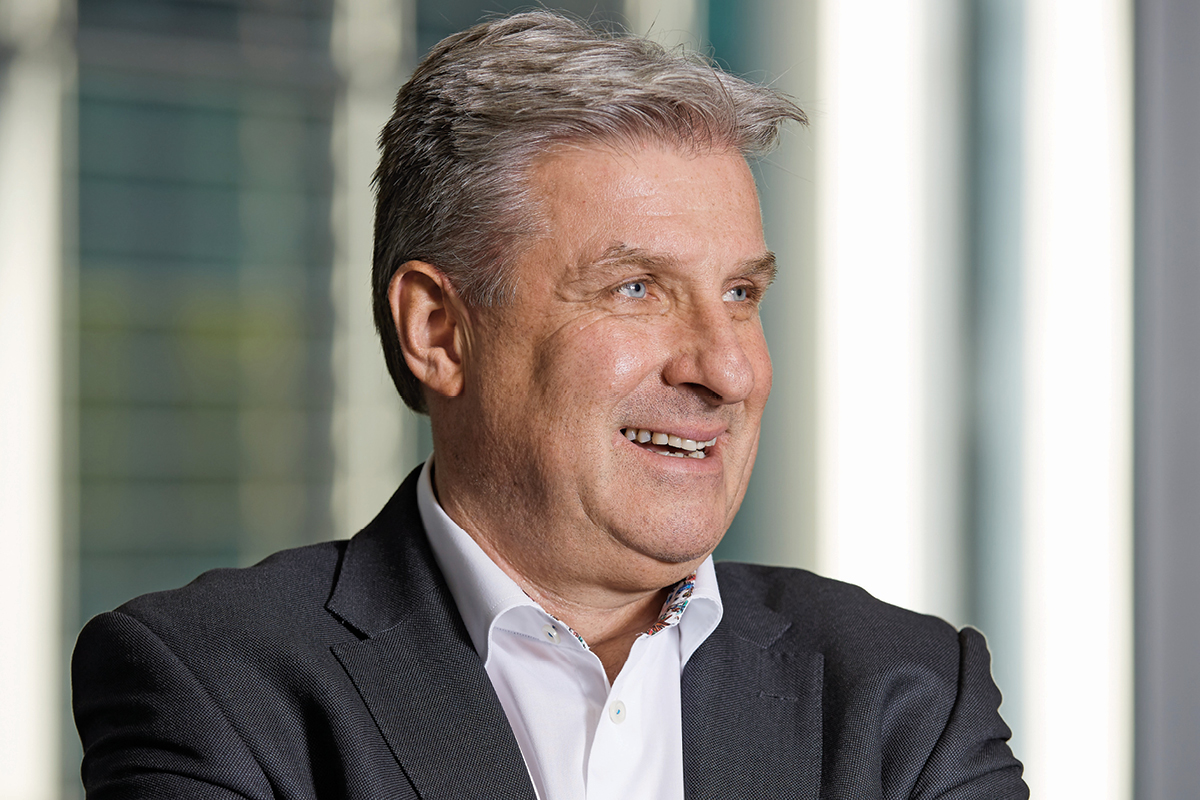Henry Smith started a news vending company in London in 1792. Over the next two centuries, the family business, named WH Smith in 1846, became part of the fabric of British life.
In 2006, just as the circulations of many print publications were going into freefall, WH Smith demerged its retail and news distribution arms. The latter was put in the hands of Mark Cashmore, a commercial director at WH Smith News with a background in sales.
Mark Cashmore takes charge of a legacy business
While some might have felt they’d been given an insurmountable challenge, Mark wasn’t fazed. “I was proud to have been made the custodian of a great business,” he says. “Having started my career in sales, I’ve always focused on relationships. I was delighted to be running a business which had relationships spanning hundreds of years with some publishers – not to mention staff who’d been around for up to 40 years.”
He may have been delighted, but he wasn’t sentimental. Mark realised his organisation, which ultimately rebranded as Connect Group PLC, had to start distributing more than just print publications. “I continue to believe print will be sustainable for much longer than people are predicting. But, yes, in 2006 I faced the challenge of taking charge of a legacy business and deciding what parts of it to protect and grow,” he says.

Mark’s strategy was twofold. Instead of pulling the plug on distributing magazines and newspapers, he set out to acquire new business – on his watch, Connect Group has grown its market of news distribution share from 39% to 55%, began distributing the free paper Metro in London, as well as winning contracts for many Regional Press publications.
Cashmore Group becomes a specialist distribution business
He also planned to “re-engineer the core of the business in a way that retained and grew our capability, while removing costs in a sustainable fashion.” A bit over a decade on and Mark notes, “We’re far and away the market leader in the magazine and newspaper distribution market, and that division is 30% more profitable than it used to be. But just as importantly, we’ve taken our skills into new and growing markets.”
We’re far and away the market leader in the magazine and newspaper distribution market.
Recognising that two centuries of distributing millions of bundles of paper and ink all over the UK in a matter of hours every morning had taught his people a thing or two about creating efficient and effective supply chains, Mark reimagined and reconfigured Connect Group as a “specialist distribution business, operating in a range of carefully chosen markets”.
Long story short, the company now operates in four distinct markets. Connect News & Media delivers 35 million newspapers and 11 million magazines each week. Connect Books transports 20 million books around the world from its UK warehouse every year. Connect Parcel Freight makes 10.2 million B2B mixed-freight deliveries annually. And Pass My Parcel, the company’s new venture into the growing click-and-collect market, is already handling 20,000 units a week, with clients that include Amazon and ASOS.
Mark has the courage of his convictions
When asked how he grew Connect Group into a business with 6,000 staff and a combined revenue of £1.9 billion, Mark circles back to the importance of mutually rewarding partnerships. “As with any business, providing the right combination of efficiency, expertise and service is crucial. But if you’re asking what I prioritise, the answer is relationships. That spans communicating with shareholders, the executive team, colleagues across the business whose efforts make the difference every day of the year, suppliers and customers.”
The best career advice I ever received was to have the courage of my convictions.
“It doesn’t mean I always agree to do what stakeholders want. It means I always have open and honest conversations with them and try to create win–win solutions. That mindset was inherited from WH Smith and is part of Connect Group’s DNA.”
Mark may appear to the casual observer like the affable sales rep he once was, but he’s not lacking in the steely determination required by any change-agent CEO. “The best career advice I ever received was to have the courage of my convictions and not to be afraid to try new things,” Mark says.
“As CEO, I’ve made some bold decisions about growing the legacy business and diversifying into new areas. Some of those decisions have been fantastically successful and some haven’t. But though you’re not going to get everything right, you have to back yourself to do things differently to how they’ve always been done.”



